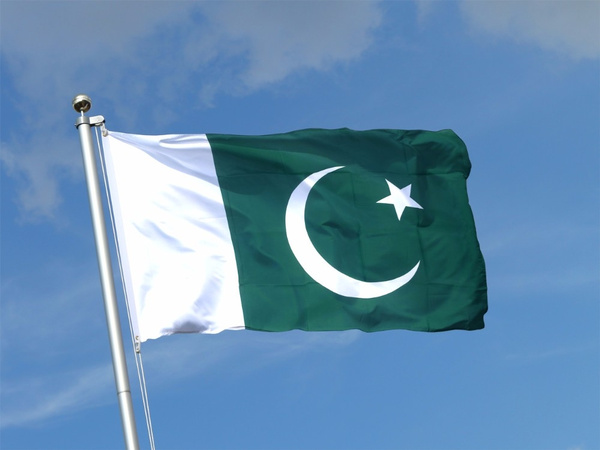
Pakistan’s ongoing economic crises has been decades in the making and deep structural reforms are needed to revive the economy. Most governments, civilian or military, have been reluctant to undertake these reforms as they impinge upon the dominance of the Pakistani military-technocratic-judicial establishment.
In recent columns, Pakistan’s former finance minister, Miftah Ismail has been making arguments and offering solutions to Pakistan’s multiple crises. According to Miftah the only way the country will move forward is if there is a new ‘elite bargain’ that sues for growth and development.
Ismail lays down the six essential pillars for a development compact.
First, population control. “Our population is growing at more than twice the rates of India and Bangladesh and three times the rate of Sri Lanka. Pakistan will forever be mired in poverty and illiteracy unless we bring down our population growth.”
Second, genuine federalism or devolution of power to the local level. Our four large provinces do not provide any competition but if we had our nation’s 38 divisions and more than 100 districts also competing with each other, we would definitely get better, more responsive governments. Empowered local governments with responsibilities for health, education, policing, zoning, etc and raising revenues is my second pillar for growth. We should have many competing jurisdictions that make governments responsive and effective.”
Third, reduce the fiscal deficit. “The most efficient way to reduce the deficit is to restrict public sector development projects to major interprovincial projects, restrict the growth of current expenditures, including defence, to less than inflation, and most importantly, reduce payments to sub-national jurisdictions from the current 57.5pc to about 40pc of the divisible pool over five years. Of course, sub-national jurisdictions should be allowed to raise their own revenues to make up for the loss of federal transfers.”
Fourth, “export promotion as opposed to import substitution. Our exports are low because of three main reasons: one, we don’t provide continuous energy at reasonable rates; two, our country is not perceived as safe to visit by foreign buyers; and three, our companies prefer selling to a protected domestic market.”
Fifth, “improving agricultural productivity and yields. We call ourselves an agricultural country and yet most years we import wheat, cotton, edible oil, lentils, chickpeas, garlic, ginger, and many other farm products totalling $8 billion. Our farm yields for most crops are considerably lower not just compared to China but also India, which has similar conditions.
And final pillar is investing in education. Pakistan has one of the highest percentage of out of school children, and our literacy rate is around 53percent. Unless we invest in our people, our economy will never grow.
![]()
